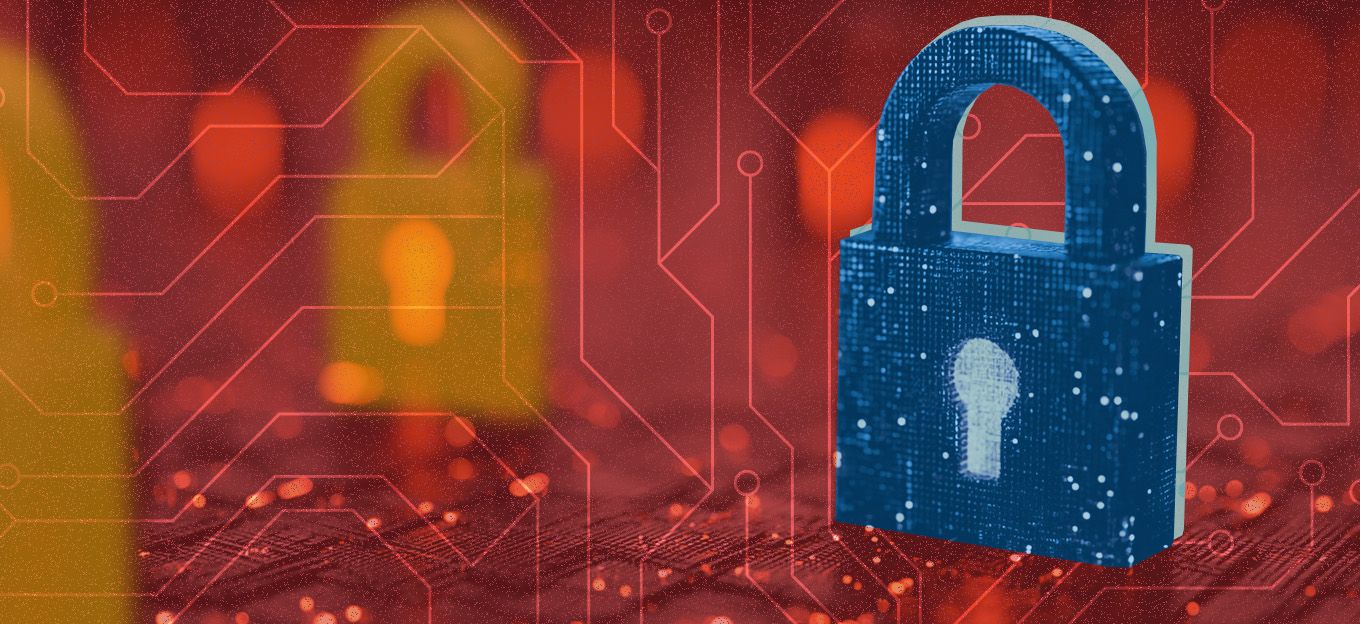Why 76 Percent of IoT Projects Fail and How to Achieve Success
Why 76 Percent of IoT Projects Fail and How to Achieve Success
- Last Updated: December 2, 2024
Guest Writer
- Last Updated: December 2, 2024



The Internet of Things (IoT) has caught the world’s imagination over the last few years. And it’s no surprise: the industry is expected to grow to $82 billion globally by 2020, and it has the potential to solve numerous challenges, both trivial and serious.
But beware! Lurking behind the optimistic predictions, Cisco reported that 76 percent of IoT projects faill.
That is a staggering percentage when you consider the resources, human and financial, that go into IoT projects.
So, what are the reasons why most IoT projects have failed, are failing or will soon fail? Will IoT fail overall? Does that statement have any merit, or is it an unfair assessment of the industry’s challenges?
We Don’t Take Security Seriously Enough
As 451 Research outlines, industry professionals often name cybersecurity as the number one reason why IoT will fail.
From high-profile horror stories about the infamous Mirai cyberattack to exploited internet connected refrigerators acting as email spam servers, the idea that one unwittingly insecure device could bring a whole system tumbling down is chilling.
Since Industrial IoT (IIoT) projects often straddle OT/IT domains, it's more difficult to secure them against cyber threats. They also have increased exposure to attacks.
But vendors are starting to cater directly to this industry’s unique security issues. In response, Cisco’s IoT Threat Defense System can be scaled for larger projects. Similarly, Deloitte offers a solution that uses machine learning and low-power hardware products.
Companies also need to ensure they only connect properly-secured devices to networks. This will help combat would-be hackers intent on finding a weak point infiltrating the system.
76 percent of IoT projects fail. A lack of interdisciplinary collaboration and cybersecurity vulnerabilities are core factors. Let's take a new approach.
...If We Don’t Create Strong Industry Partnerships
Another potential reason why IoT will fail? Solutions often solve single-issue problems in isolation.
A company may use one IIoT solution for supply chain operations and another to manage raw materials. Connecting these solutions can be challenging. And failing to do so also creates a missed opportunity. Combining multiple datasets can produce useful insights.
Knowledge is everything. Engaging with partners in the field can help smooth out the learning curve.
And this is happening. Cisco is busy constructing its Phase 2 Foundation, which will allow companies to combine data from different sources. They can then apply machine learning to analyze data and automate decision-making, for example, to facilitate predictive maintenance.
...If We Aren't Open to Talent from Outside the Industry
Another commonly repeated reason why IoT will fail is the lack of skilled professionals.
IIoT requires professionals capable of working across different systems at once. This might mean hardware engineers with software skills and cybersecurity professionals who can work with wireless networks.
Companies can benefit from new ways of thinking by being open to candidates from outside the industry. If new recruits possess the core skills, focused training courses can quickly bring them up to speed. A focus on training throughout their career in the company also addresses this challenge to stay relevant.
Embracing those with diverse experience encourages innovation and can help propel growth in this fast-growing industry.
The Future of IoT
So, will IoT fail? While the industry does face challenges, we can say "no," provided industry leaders take cybersecurity and talent management among a host of other factors more seriously.
And what innovative industry is without its challenges?
We have only seen a slice of the opportunities that this industry can present us—as businesses and as individuals.
We need to champion this new industry. Harnessing IIoT solutions and being open to talent from diverse backgrounds will promote more confidence in IoT and its capabilities.
Written by Rhys Masterson, Managing Director & Founder at MasterSearch.
The Most Comprehensive IoT Newsletter for Enterprises
Showcasing the highest-quality content, resources, news, and insights from the world of the Internet of Things. Subscribe to remain informed and up-to-date.
New Podcast Episode

IoT and AI in 2026
Related Articles
Securing the Mobile IoT Workforce: Why Enterprise Mobile Security Is Critical Infrastructure
January 14, 2026

Why AI Risk Visibility Is the Future of Enterprise Cybersecurity Strategy: Q&A With Srikanth Ambatipudi
January 2, 2026

Practical Encryption Strategies for Securing the Post-Quantum IoT
December 26, 2025



